Exploring Stem Cell Treatment for Autism: Costs and Clinics in Thailand
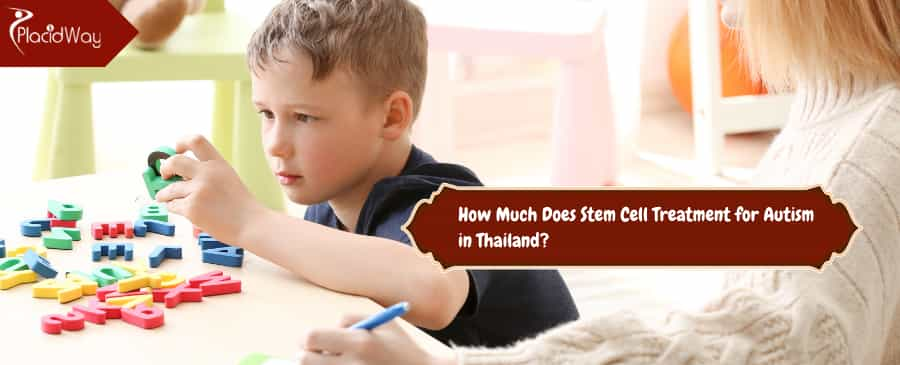
Navigating the world of autism treatments can be overwhelming, especially when considering options like stem cell therapy. Many families are looking for innovative solutions to help their loved ones, and in this search, Thailand has emerged as a prominent destination for medical tourism. Known for its high-quality healthcare and competitive pricing, the country attracts patients from all over the globe. If you're a parent or caregiver exploring stem cell treatment for autism in Thailand, you likely have many questions about the process, safety, and, most importantly, the cost. This comprehensive guid?e is designed to provide clear, detailed, and helpful information to help you make an informed decision. We'll break down the pricing, explain what is included in the treatment packages, and address the most common concerns, giving you the knowledge you need to proceed with confidence.
What is the cost of stem cell treatment for autism in Thailand?
The price of stem cell therapy for autism in Thailand is a key factor for many families considering this option. The cost is not a one-size-fits-all figure but is determined by several variables. A basic package might start at a lower price point, while a more comprehensive treatment plan with a higher cell count and supportive therapies will be on the higher end of the spectrum. The choice of clinic also plays a significant role; established centers with extensive experience and state-of-the-art facilities may have different pricing models than smaller clinics.
It is crucial to understand what is included in the quoted price. Some packages cover only the core stem cell injections, while others are all-inclusive, covering consultations, pre-operative tests, additional therapies, and even airport transfers. To get an accurate estimate, it's best to request a personalized quote from a reputable clinic based on the patient's specific needs.
What is included in a typical stem cell treatment package for autism in Thailand?
When you receive a quote for stem cell treatment for autism in Thailand, it's essential to scrutinize the details of the package to understand exactly what you are paying for. A comprehensive package is often more beneficial as it covers the entire treatment journey. Here are some common inclusions:
- Initial Consultation and Medical Review: A thorough review of the patient's medical history, current symptoms, and previous treatments by a specialist.
- Diagnostic Testing: Pre-treatment tests, such as blood work and imaging, to assess the patient's overall health and suitability for the procedure.
- Stem Cell Injections: The core part of the treatment, which may involve a specific number of injections or infusions over several days.
- Supportive Therapies: Many clinics combine stem cell therapy with other treatments like physiotherapy, occupational therapy, or nutritional support to enhance the overall outcome.
- Post-Treatment Follow-up: This can include monitoring the patient's progress and follow-up consultations via video call after returning home.
How do the costs of stem cell therapy for autism in Thailand compare to other countries?
The cost-effectiveness of medical procedures is a primary reason why many people choose Thailand for medical tourism. The price of stem cell treatment for autism in Thailand is significantly lower than what you would find in countries like the United States, Europe, or Australia. This is due to lower operational costs, including hospital overheads and professional fees, while still maintaining high standards of care.
Many clinics in Thailand are internationally accredited and use the same high-quality equipment and materials as their Western counterparts. The table below illustrates a general comparison of costs:
| Country | Estimated Cost Range (USD) |
|---|---|
| Thailand | $4,500 - $27,000 |
| United States | $25,000 - $50,000+ |
| Europe (Germany, Switzerland) | $20,000 - $40,000+ |
These figures are estimates and can vary widely, but they highlight the financial benefit of choosing Thailand for this treatment.
What are the different types of stem cells used for autism treatment?
In the context of stem cell therapy for autism, not all stem cells are created equal. The type of cells used can impact the treatment protocol, potential outcomes, and cost. Mesenchymal Stem Cells (MSCs) are the most widely used and studied for neurological conditions like autism. They are favored for several reasons:
- Immunomodulatory Properties: MSCs can help regulate the immune system, which is believed to be overactive and cause neuroinflammation in some individuals with autism. By reducing this inflammation, the brain's environment becomes more conducive to healing and normal function.
- Neuro-regenerative Potential: MSCs release factors that support the growth and survival of new neurons, improve synaptic function, and enhance brain connectivity.
- Ease of Sourcing: MSCs are typically harvested from sources like umbilical cord tissue, bone marrow, or adipose (fat) tissue. Umbilical cord-derived MSCs are often preferred as they are young, potent, and can be administered without a painful harvesting procedure from the patient.
The specific source and quantity of stem cells will be determined by the treating physician and will be outlined in your personalized treatment plan.
What factors influence the final cost of stem cell treatment for autism?
Understanding the factors that contribute to the total cost is essential for proper financial planning. The price you see initially may not always be the final price, so it's important to ask detailed questions. Here's a breakdown of the key factors:
- Stem Cell Dosage: The number of cells administered is a primary cost driver. Higher cell counts are often used for more severe cases and will increase the price.
- Cell Source: The source of the stem cells (e.g., umbilical cord, bone marrow) can affect the price due to different harvesting and processing methods.
- Treatment Duration: A multi-day treatment program with several infusions or injections will be more expensive than a single-day procedure.
- Included Services: Packages that include pre-treatment diagnostic tests, post-treatment monitoring, and a variety of supportive therapies will have a higher price tag.
- Clinic Reputation and Location: Clinics in major cities like Bangkok may have different pricing than those in other regions. The reputation and expertise of the clinic and its medical team also play a role.
Is stem cell treatment for autism a safe procedure in Thailand?
The safety of any medical procedure is a top priority, and stem cell therapy for autism is no exception. Reputable clinics in Thailand prioritize patient safety by:
- Using High-Quality Cells: They use stem cells that have been rigorously tested for quality and safety. Cells derived from umbilical cord tissue, for example, are screened for diseases and are a safe source.
- Adhering to Strict Protocols: Clinics follow established protocols for cell preparation, administration, and patient monitoring. The procedure is non-invasive and typically involves intravenous (IV) injections, which are generally well-tolerated.
- Having Experienced Medical Staff: The treatment is overseen by a team of experienced doctors and specialists who are trained in regenerative medicine and have a deep understanding of autism.
It is important to do your research and choose a clinic with a strong track record, transparent practices, and positive patient testimonials.
How long does the stem cell treatment for autism take?
The length of your stay in Thailand for stem cell therapy for autism depends on the specific treatment protocol recommended for the patient. A typical program is designed to be efficient yet thorough. The schedule often looks something like this:
- Day 1: Arrival, initial consultation with the doctor, and pre-treatment tests.
- Days 2-5: Administration of stem cells through IV injections or other methods, often in conjunction with supportive therapies.
- Day 6: Post-treatment consultation, final check-ups, and discussions about the follow-up care plan.
- Day 7: Departure.
This multi-day approach ensures the patient receives the full benefit of the treatment and is closely monitored for any reactions.
What improvements can be expected after stem cell therapy for autism?
It is important to manage expectations and understand that stem cell treatment for autism is not a cure. Instead, it is a therapy that aims to improve the underlying biological issues associated with the condition. The results can vary significantly from one individual to another. Some of the commonly reported improvements include:
- Enhanced Communication: Improvements in speech, eye contact, and the ability to express needs.
- Better Social Skills: Increased interaction with family members and peers, and a greater awareness of their surroundings.
- Improved Behavior: A reduction in repetitive or self-stimulatory behaviors, and better emotional regulation.
- Cognitive Gains: Increased attention span and focus.
Improvements often become more noticeable in the months following the treatment as the stem cells work to repair and regenerate damaged tissues.
How do I find a reputable clinic for stem cell therapy for autism in Thailand?
Choosing the right clinic is the most important step in the entire process. A reputable clinic will be transparent about its procedures, potential outcomes, and pricing. Here's a checklist to help you find a good clinic for stem cell treatment for autism:
- Accreditations: Look for clinics that are accredited by international organizations, as this indicates they meet a high standard of care.
- Medical Team: The doctors and staff should have specialized experience in regenerative medicine and a deep understanding of autism.
- Cell Sourcing: Ask about the source of their stem cells and their quality control processes. Reputable clinics will use ethically sourced and rigorously tested cells.
- Patient Reviews: Seek out testimonials and reviews from other families who have undergone the treatment.
When you have a list of potential clinics, contact them with your questions and requests for a personalized treatment plan and cost breakdown.
Are there any hidden costs associated with stem cell therapy for autism in Thailand?
To avoid any financial surprises, it's vital to have a clear understanding of what your treatment package covers. The quoted price from the clinic may only cover the medical procedure itself. Here are some of the costs you should budget for in addition to the treatment:
- Airfare and Travel: The cost of flights to and from Thailand for the patient and accompanying family members.
- Accommodation: Hotels or other lodging for the duration of the stay.
- Meals and Daily Expenses: Food, transportation within the city, and other personal expenses.
- Visa Fees: Depending on your country of origin, you may need to budget for visa application fees.
- Additional Medical Needs: Any unexpected medical costs that are not part of the treatment package.
Always ask the clinic for a full breakdown of their services and costs, and create a separate budget for travel and living expenses.
Is stem cell therapy for autism a one-time treatment or does it require multiple sessions?
The regenerative process initiated by stem cells takes time. For this reason, many clinics recommend a series of sessions as part of the initial treatment protocol, often over a period of 3-7 days. The goal of this approach is to provide a sufficient number of cells to have a meaningful biological impact.
Furthermore, to sustain the benefits of the therapy, some families opt for follow-up treatments. The need for and timing of these additional sessions will be determined by the patient's progress and the advice of the medical team. This long-term approach is often part of a comprehensive care plan.
What are the potential side effects of stem cell treatment for autism?
Like any medical procedure, there can be potential side effects, though they are usually not severe. The most commonly reported side effects from stem cell therapy for autism are generally related to the body's immune response to the introduction of new cells. These can include:
- Low-grade fever or chills
- Mild headaches or fatigue
- A temporary increase in hyperactivity or irritability in some patients
Reputable clinics will have protocols in place to manage these symptoms and ensure the patient's comfort and safety throughout the treatment.
Is there scientific evidence supporting stem cell therapy for autism?
The use of stem cells for autism is an area of active research. While it is not yet a mainstream, government-approved treatment in all countries, there are a number of studies and clinical trials that have shown promising results. The scientific premise behind the therapy is that stem cells can help:
- Reduce inflammation in the brain, which is often observed in individuals with autism.
- Release growth factors that promote the repair and regeneration of neural tissues.
- Modulate the immune system to restore a more balanced state.
These biological mechanisms are believed to contribute to the improvements reported by many families. It's always best to consult with a medical professional and research the latest studies to stay informed.
Who is a suitable candidate for stem cell treatment for autism?
A thorough medical evaluation is the first and most crucial step in the treatment process. Not every individual with autism is a suitable candidate for stem cell therapy. During the initial consultation, a specialist will review the patient's full medical history and current health status. They will consider:
- Diagnosis and Severity: The patient must have a confirmed diagnosis of autism spectrum disorder.
- General Health: The patient must be in good overall health, free from active infections or other serious medical conditions that could pose a risk during the procedure.
- History of Cancer: Individuals with a history of cancer are generally not considered suitable candidates for this type of therapy.
This evaluation ensures the safety and potential effectiveness of the treatment for each individual patient.
What is the post-treatment care and follow-up process after stem cell therapy for autism?
The journey doesn't end when you leave the clinic. Post-treatment care is vital for maximizing the long-term benefits of stem cell therapy for autism. Clinics will provide a comprehensive follow-up plan, which may include:
- Regular Check-ins: Scheduled consultations with the medical team via video call to discuss the patient's progress and address any concerns.
- Continued Therapies: The recommendation to continue with traditional autism therapies, such as speech, occupational, and behavioral therapy, as these can help solidify the gains made from the stem cell treatment.
- Lifestyle Recommendations: Advice on diet, nutrition, and other lifestyle factors that can support brain health and overall well-being.
This ongoing support is a key component of a successful and holistic treatment approach.
Exploring innovative healthcare options can be a complex process, but it can also offer new hope. If you're considering stem cell treatment for autism, we encourage you to gather as much information as possible and consult with experts. To learn more about this and other potential healthcare solutions, explore PlacidWay for access to a wide range of medical tourism options and connect with leading clinics worldwide.


.png)
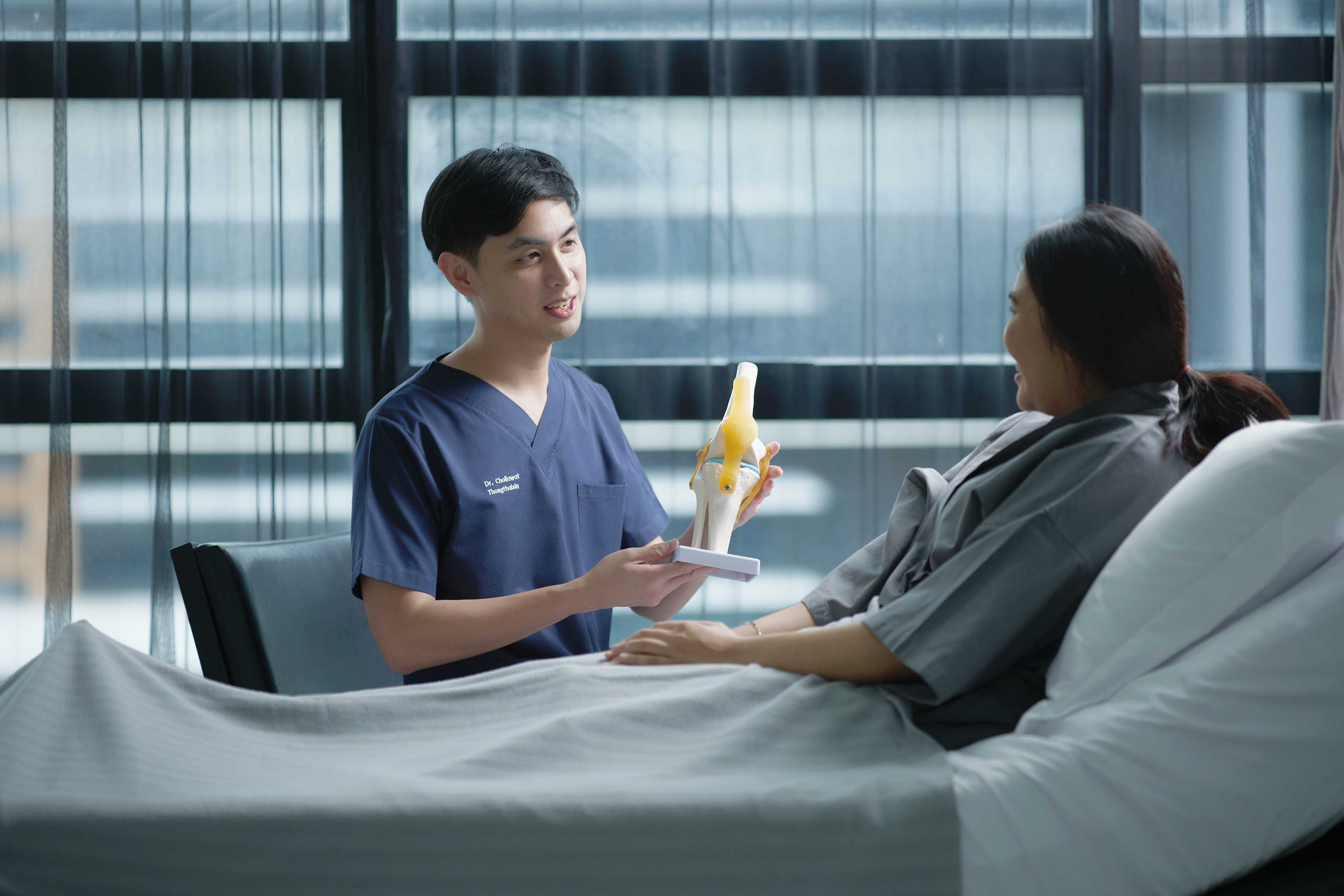
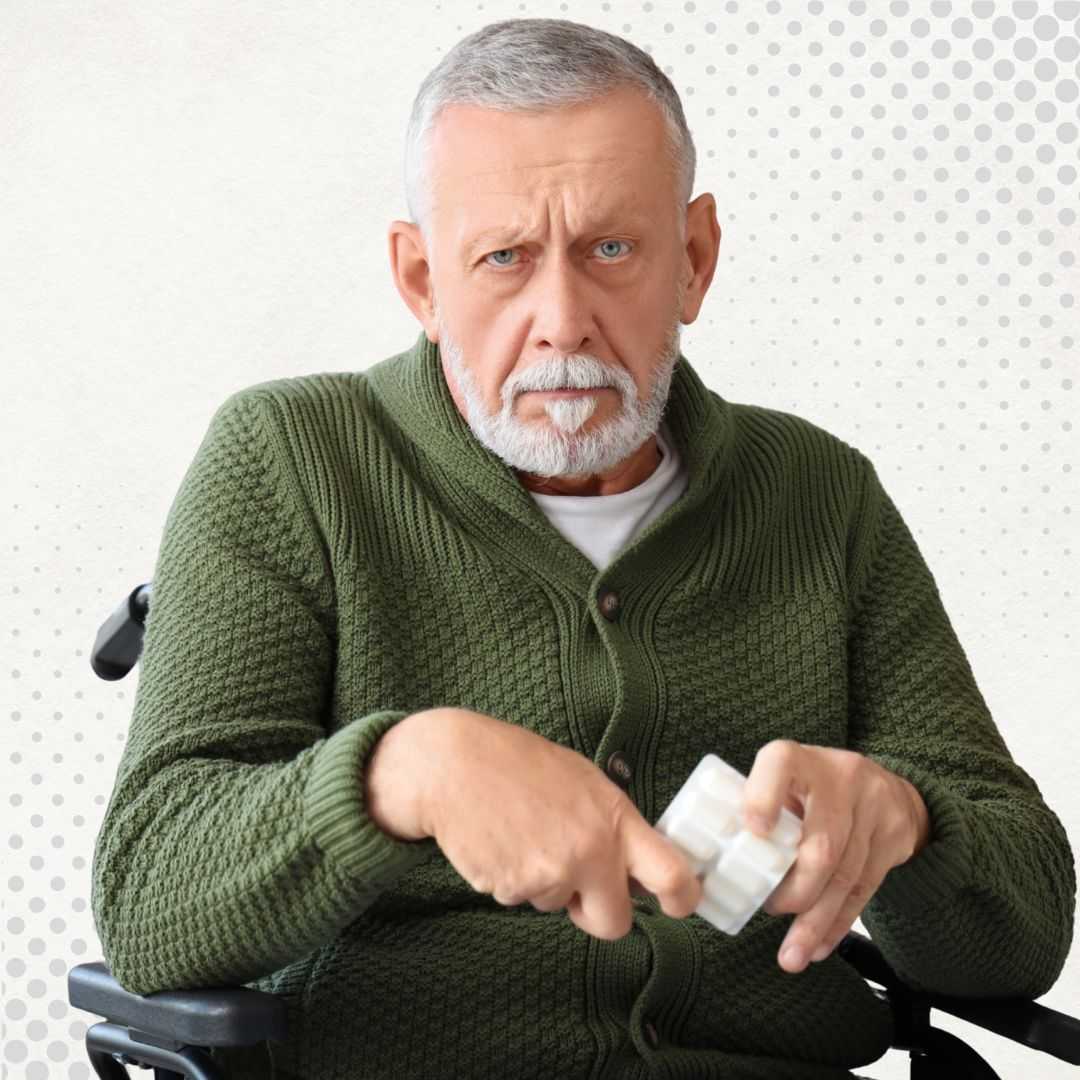
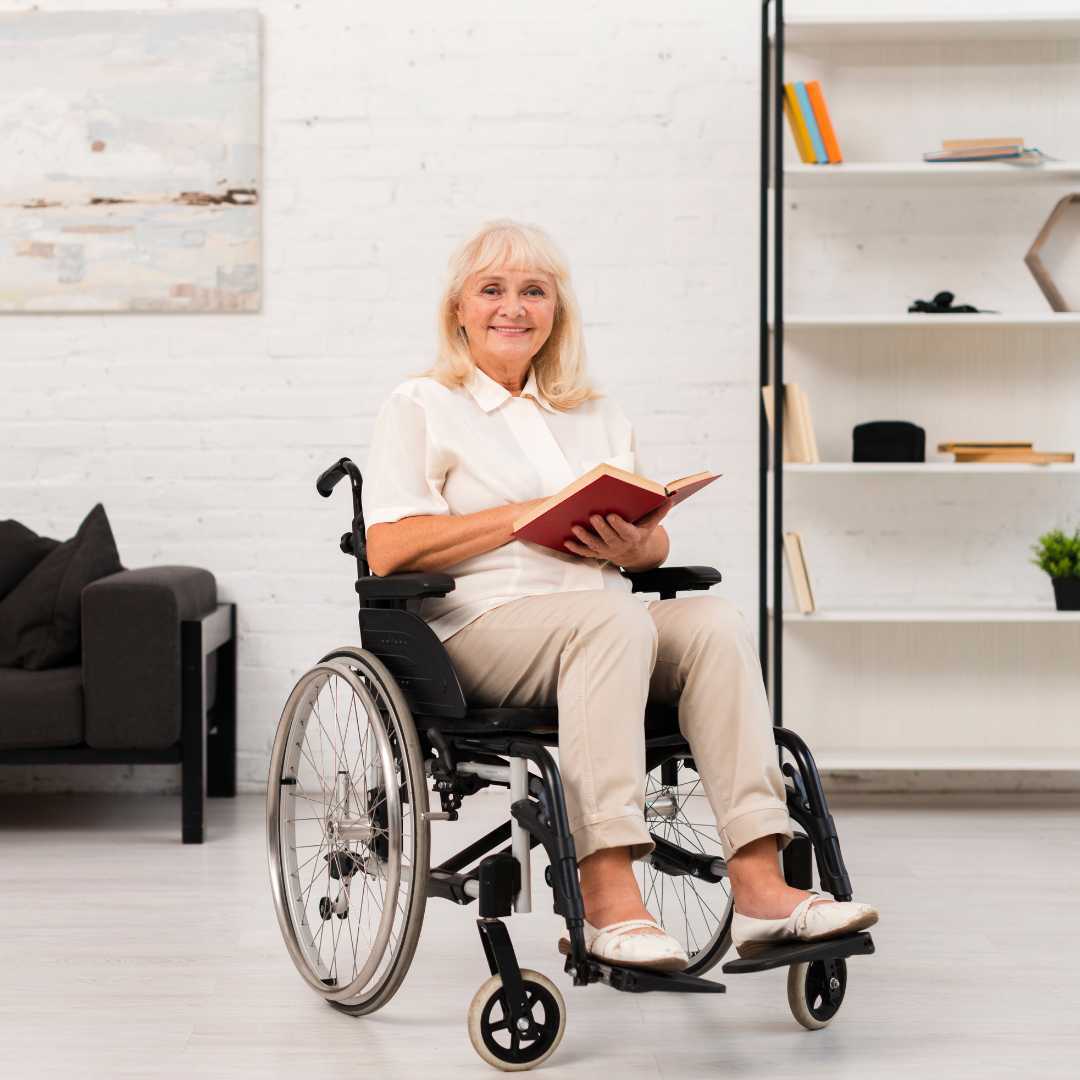
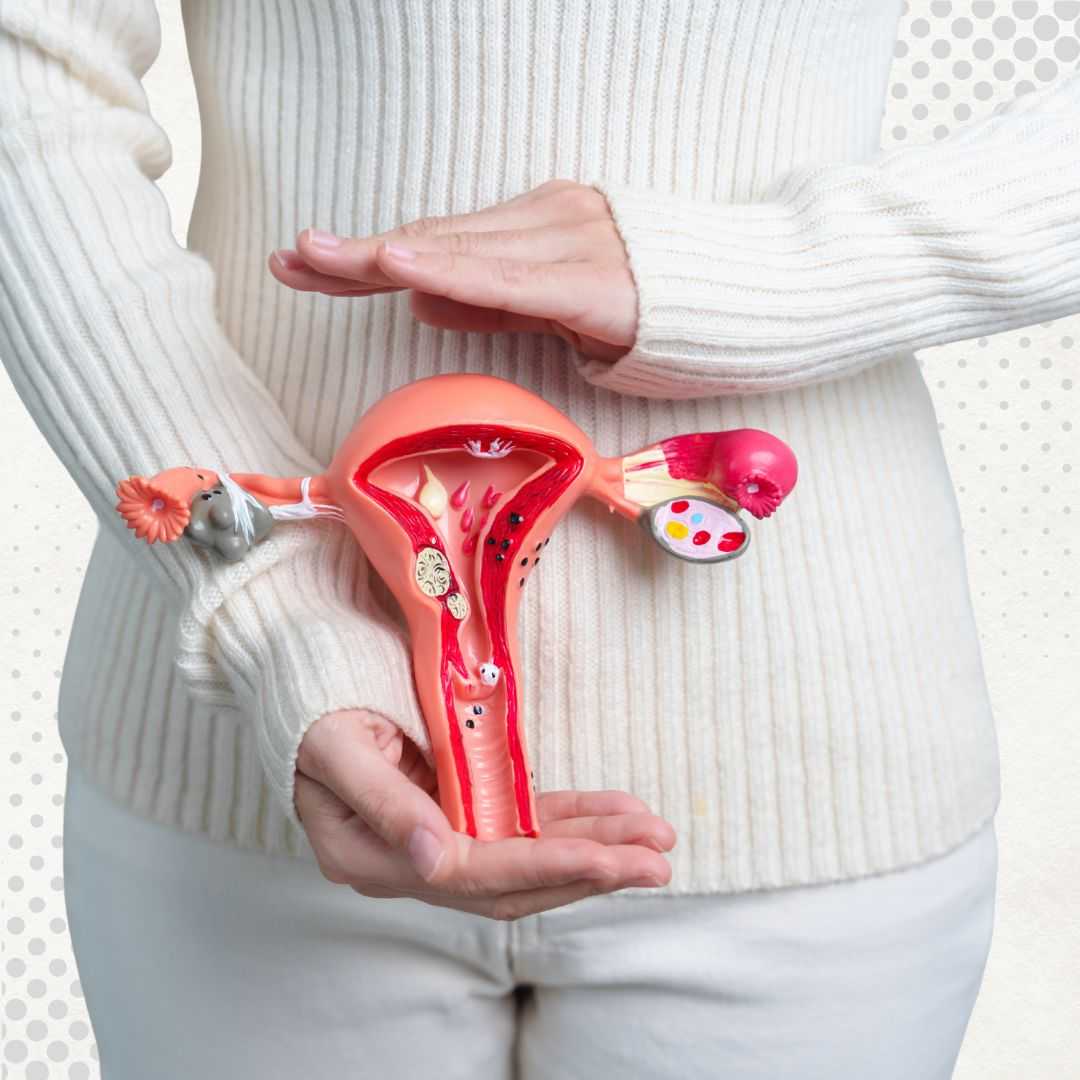


.png)
.png)
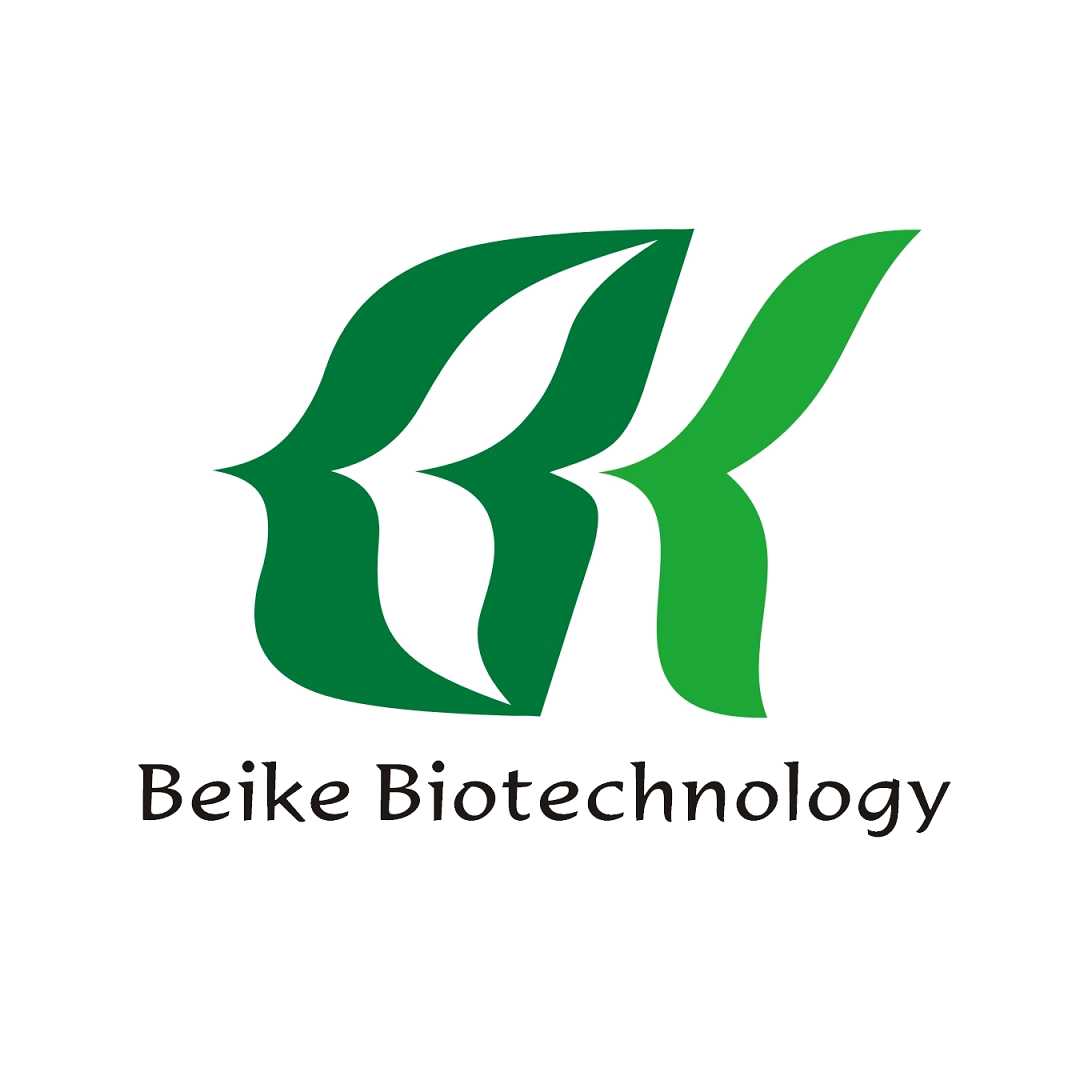

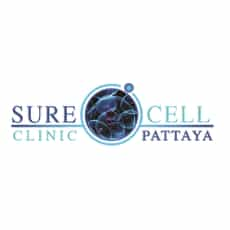
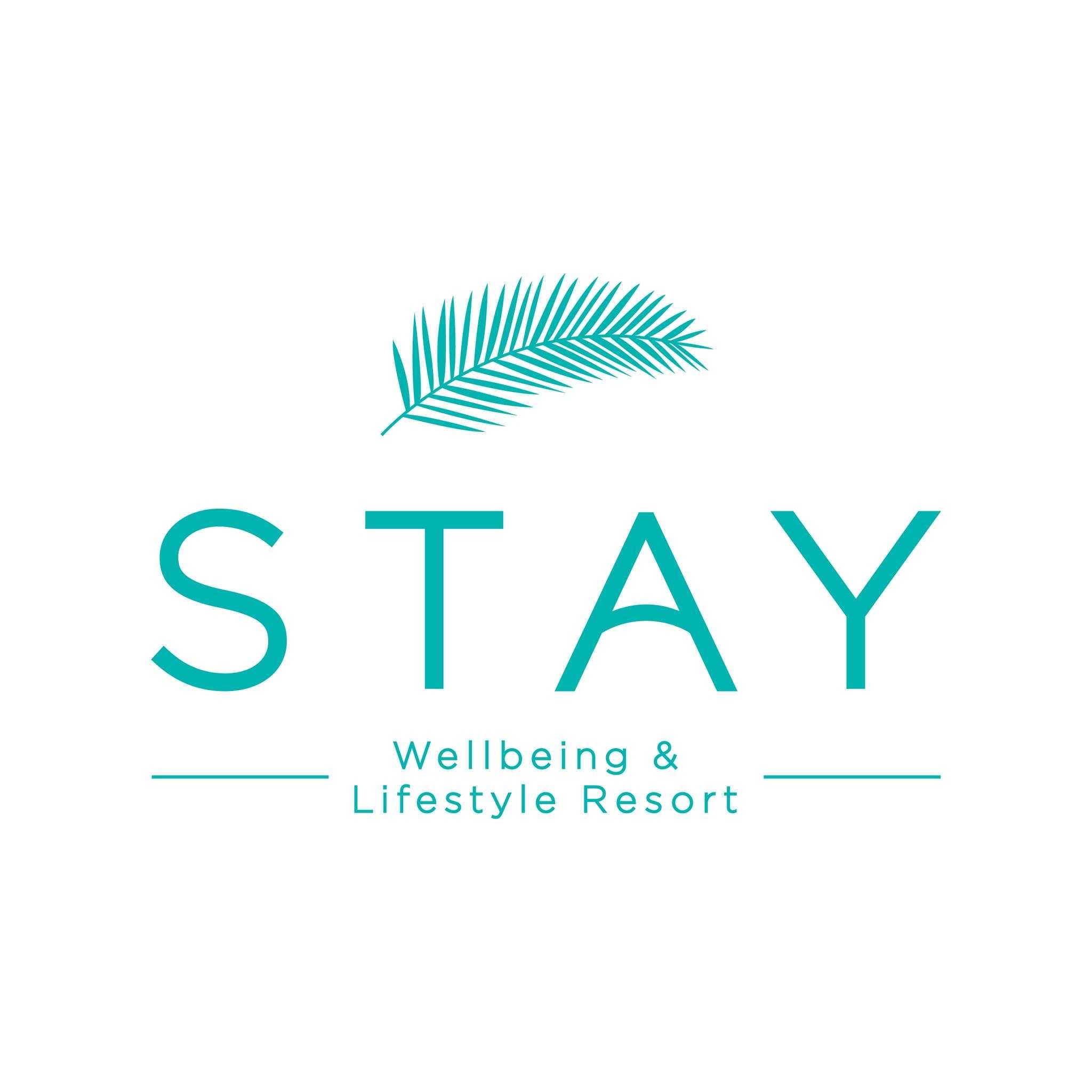
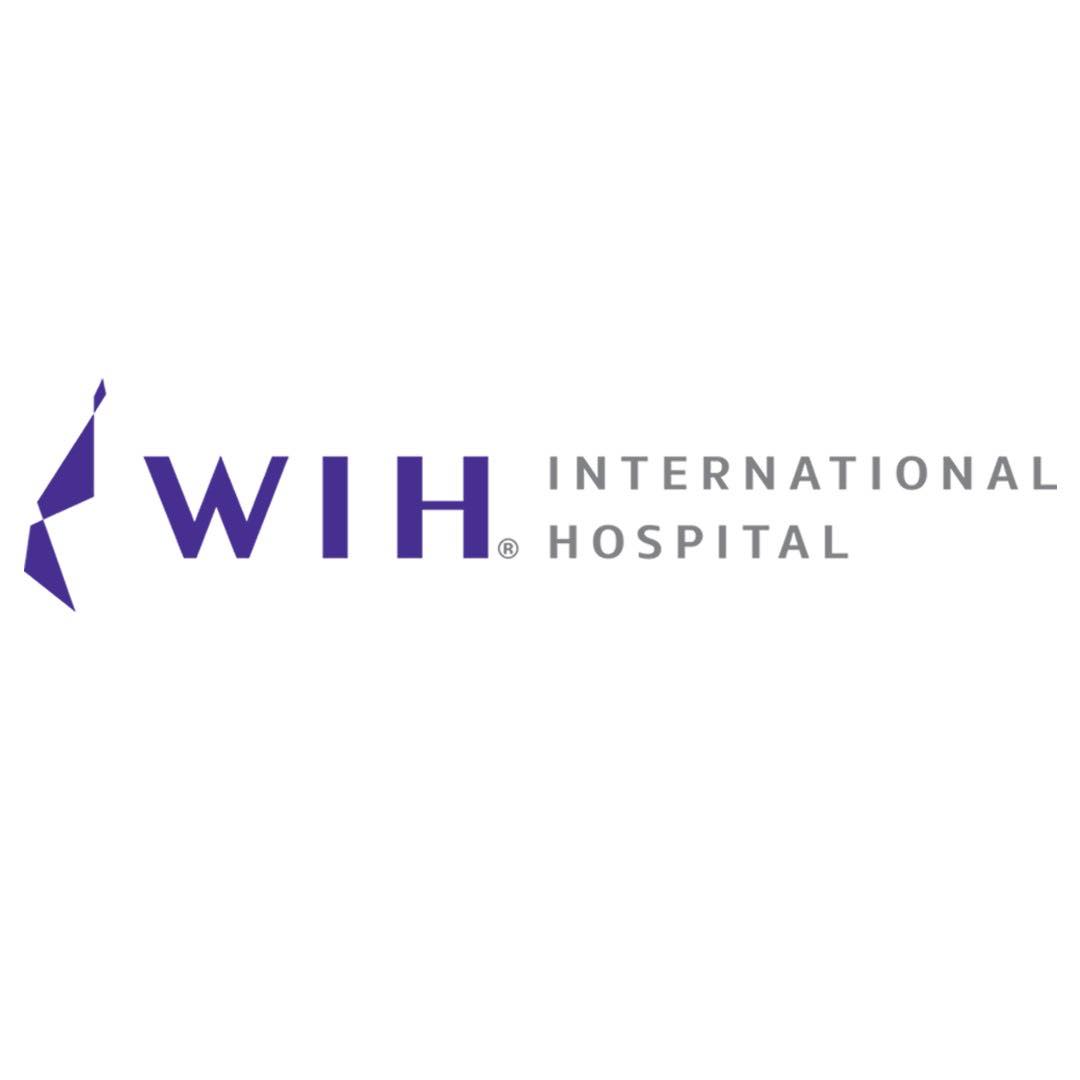

Share this listing